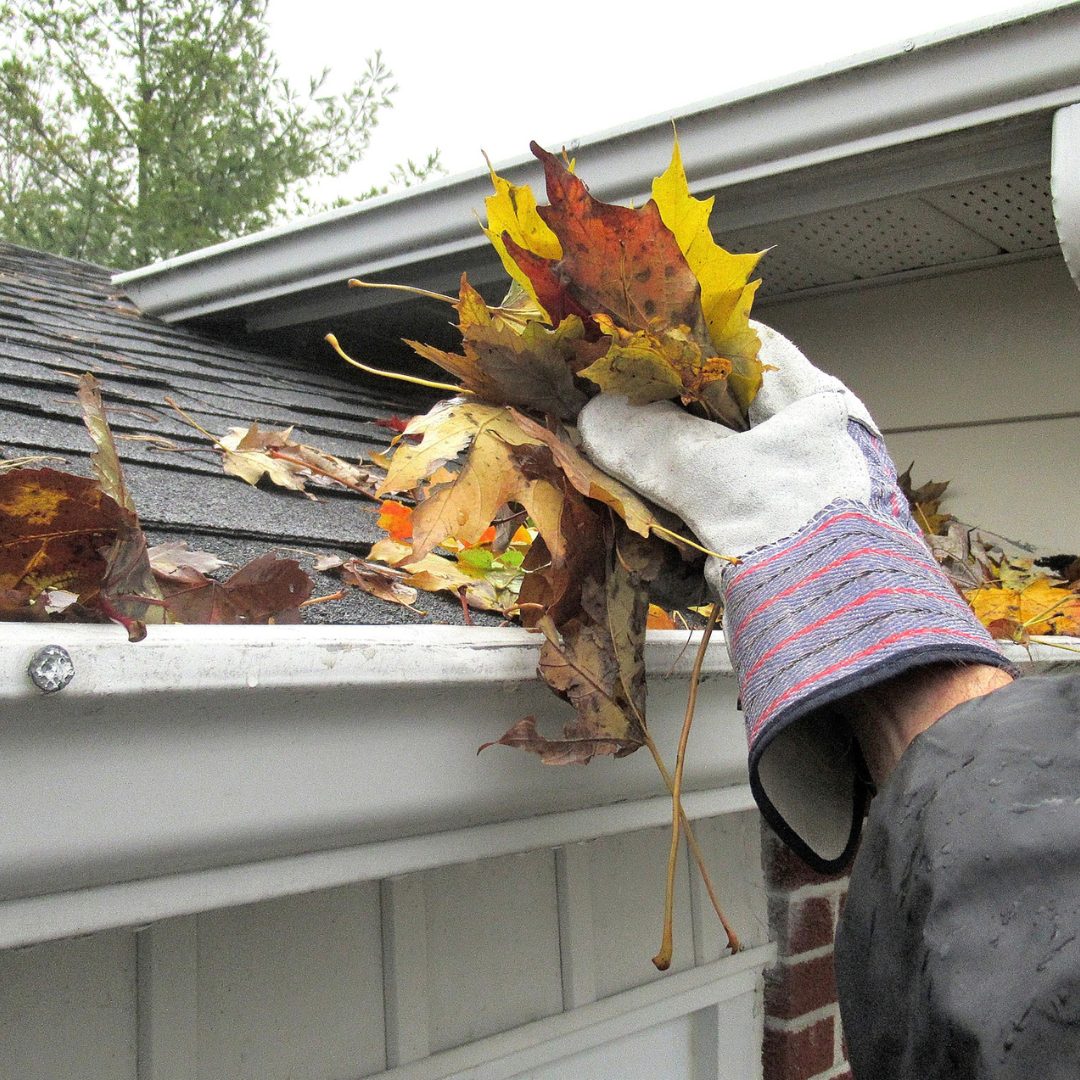Prevent basement flooding: essential tips to protect your home

Basement flooding can be a nightmare, whether you're a homeowner or a tenant. The thought of losing valuables, managing stress, and dealing with costly repairs is daunting. The good news is that most floods are preventable. By understanding the causes and taking proactive steps, you can save yourself from unexpected expenses and hassle.
Here are two essential tips to help protect your home from basement flooding:
1. Clean eavestrough and downspouts
Clogged eavestroughs and downspouts can lead to water overflowing and pooling around your foundation. Clean them twice a year to remove leaves, debris, and other blockages—especially if trees are nearby. Consider installing a gutter guard to catch large debris and prevent clogging.
2. Extend downspouts
Make sure downspouts extend at least 6 feet (2 meters) away from your foundation. Keep them clear of walkways, and don’t direct them toward hard surfaces, which can create freeze hazards in winter. Learn more about downspouts.
Additional tips to protect your basement
If you’ve covered these basics, here are more essential protection options:
Maintain your sump pump
Your sump pump is your first defence against basement flooding. Regular maintenance is key to keeping it functional when you need it most. Test regularly by pouring a bucket of water into the sump pit to ensure the pump activates and drains efficiently. Check the pump and pit for debris that could block the pump. Ensure your pump has a battery backup in case of power outages during storms.
Install a backwater valve
A backwater valve prevents sewage from backing up into your basement. Have a licensed plumber install the valve to ensure proper functioning and periodically inspect the valve to keep it clean and operational.
Grade your yard properly
The slope of your yard should direct water away from or toward your home to prevent water pooling. Soil can settle over time, so check regularly and adjust the grading as needed.
Seal cracks and consider waterproofing
Even small foundation cracks can let water seep into your basement. Regularly check your foundation and seal any cracks with waterproof sealant. For added protection, consider professional waterproofing for basement walls and floors.
Maintain your plumbing
Leaky pipes and appliances can also contribute to basement flooding. Inspect regularly by checking the pipes, water heaters, and appliances for leaks or signs of wear. Replace old plumbing systems with modern, reliable options as needed.
Improve your drainage system
An effective drainage system can handle excess water during heavy rains. Installing French drains can help redirect water away from your foundation. Regularly check and clear drainage systems to ensure they’re working properly.
Stay informed and prepared
Being prepared can make all the difference in preventing basement flooding. Sign up for local weather alerts to stay informed about heavy rains and storms. You should also have an emergency kit ready with essentials in case of flooding.
By taking these proactive steps, you can significantly reduce the risk of basement flooding. Regular maintenance, proper installation of protective devices, and staying informed are key to keeping your home safe and dry. Protect your home from the unexpected!
Find more flood prevention tips at UtilitiesKingston.com/FloodFacts.